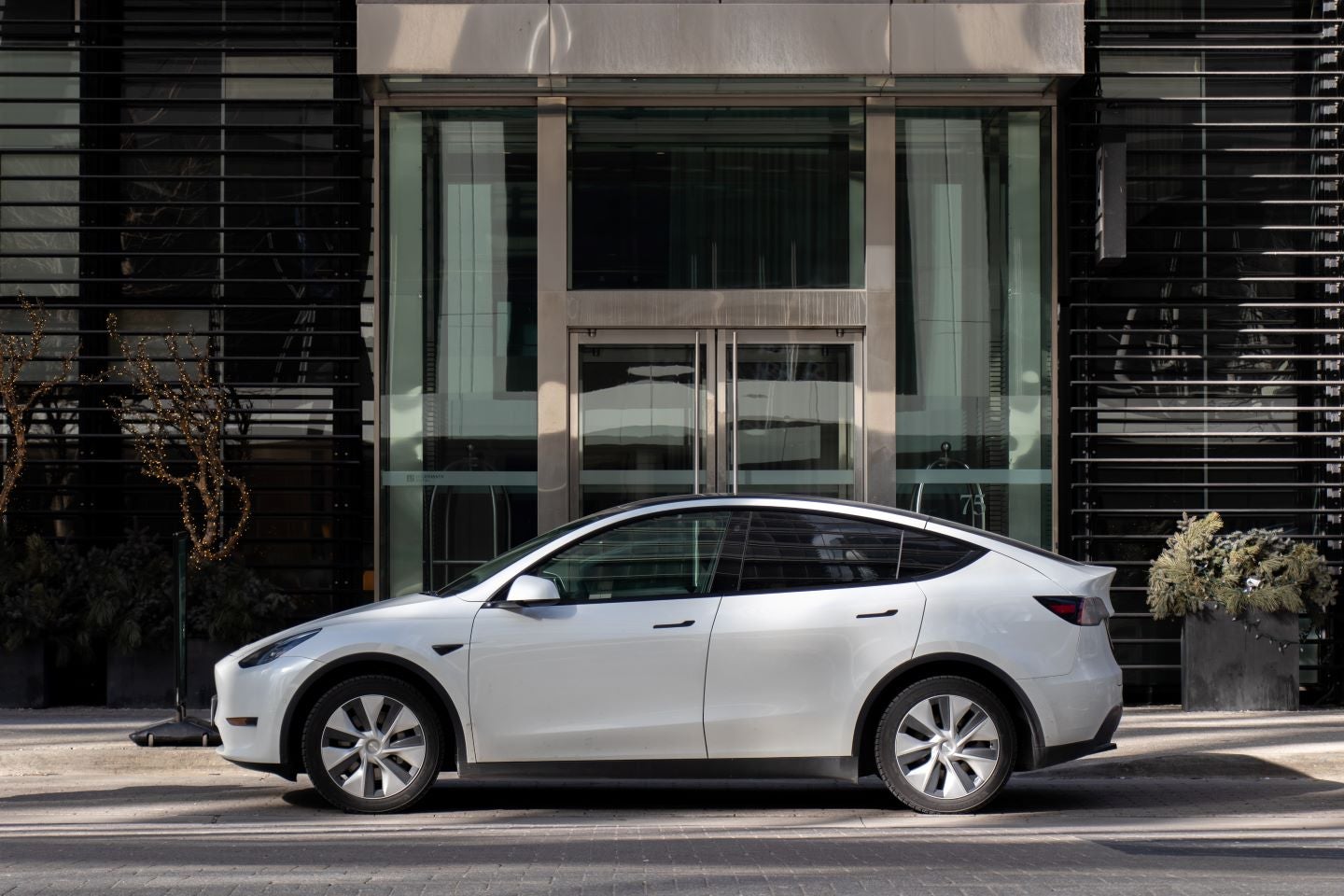
Lukasz Krupski, a former Tesla employee in Norway, has blown the whistle on Tesla’s safety standards of its cars in an interview with the BBC.
Krupski has stated that he was fired from Tesla after raising safety concerns about the readiness of its autonomous vehicles (AVs).
“I don’t think the hardware is ready and the software is ready,” he said to the BBC, “It affects all of us because we are essentially experiments in public roads. So even if you don’t have a Tesla, your children still walk in the footpath.”
Krupski specifically voiced concern over Tesla’s use of AI in its self-driving cars.
This is not Krupski’s first time attempting to draw attention to Tesla’s safety standards.
Krupski originally leaked data to German newspaper Handelsblatt in May but stated that his concerns have been ignored.
How well do you really know your competitors?
Access the most comprehensive Company Profiles on the market, powered by GlobalData. Save hours of research. Gain competitive edge.

Thank you!
Your download email will arrive shortly
Not ready to buy yet? Download a free sample
We are confident about the unique quality of our Company Profiles. However, we want you to make the most beneficial decision for your business, so we offer a free sample that you can download by submitting the below form
By GlobalDataThe data, which the BBC stated it could not verify independently, is currently with a US Department of Justice (DoJ) investigation into Tesla. The DoJ began its investigation in January 2023.
Krupski’s concerns about the self-driving technology allege that car’s brakes can react without obstacles, causing them to stop suddenly. He stated that this was evidenced within the data breach and customer complaints to Tesla of this issue.
Additionally, this data also suggested that US customers using Tesla’s self-drive mode averaged a crash every five million miles travelled.
In its thematic intelligence report into AVs, research company GlobalData found that safety regulation and software continued to be a paramount hurdle for the industry.
Traditionally, car manufacturers meet regulatory requirements via type approvals.
This means regulators lay out certain requirements that vehicle manufacturers must meet in terms of safety. Vehicle manufacturers must know what their AVs are capable of doing before they are permitted to sell them.







